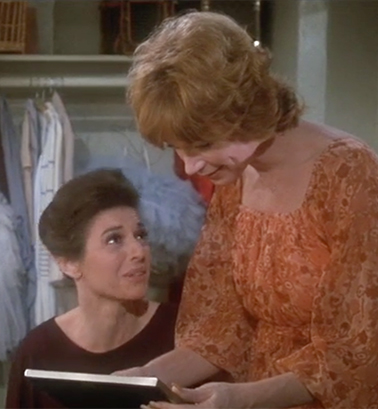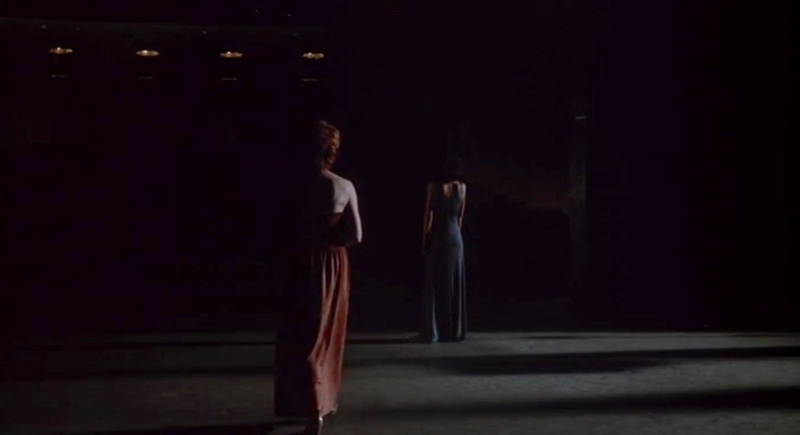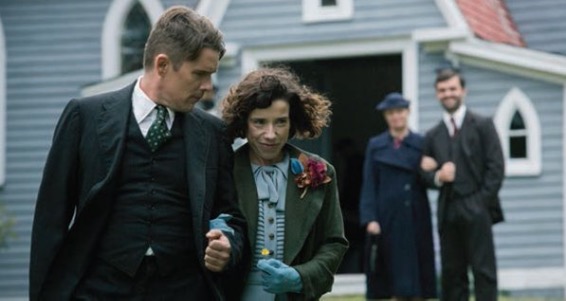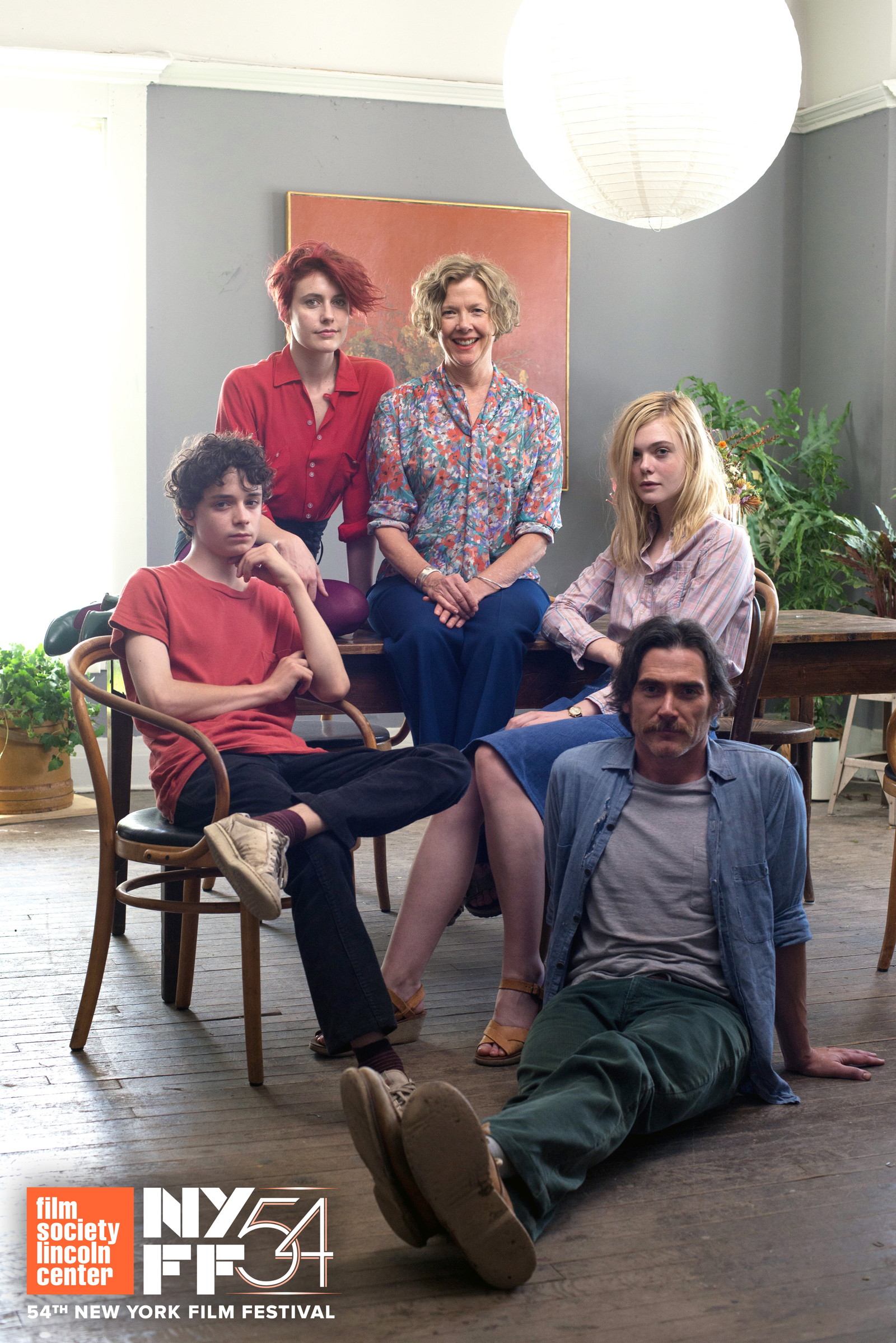 Bancroft & Maclaine reminisce in The Turning PointBest Shot 1977 Party. Chapter 2
Bancroft & Maclaine reminisce in The Turning PointBest Shot 1977 Party. Chapter 2
The Turning Point (1977)
Directed by: Herbert Ross
Cinematography by: Robert Surtees
When The Turning Point is remembered today, on the rare occasion that you hear it name-checked, it is nearly always in connection to its status as Oscar's all time loser (11 nominations without a win). That "achievement" was later shared when Steven Spielberg's The Color Purple (1985) met the same Oscar fate, entering the competition as a very big ticket and coming away empty-handed. It's surely no coincidence that both films are women's pictures. Oscar has grown increasingly wary of films about and for women over their 88 year history; that's not a mark on the films themselves but a stain on film culture and the Oscars. 1977 was in some significant ways, the very last Oscar year to be dominated by women. The sole "boys" movie up for the top prize was Star Wars, which perhaps also not coincidentally became the film which most Hollywood films aspired to be thereafter. Yes, 80% of the Best Picture nominees in 1977 were actually about women. Can you imagine it?!? That's a huge percentage which has, alas, not happened again in the 39 years since. Most Best Picture years since have been the reverse of those numbers, when in a more sane world it'd be about 50/50 since, you know, that's actually how the human race breaks down.
 Bronze. I think this is trying to be the film's signature image, but there are two many climaxes preceding it and following it to quite pull it off.
Bronze. I think this is trying to be the film's signature image, but there are two many climaxes preceding it and following it to quite pull it off.
But now we're straying into Oscar stats when what we really want to talk about is this ballet melodrama and its gauzy prettiness. Worthy of 11 Oscar nominations? Surely not but that's not because of its subject, its genre, or its cast of accomplished women...
Click to read more ...
 Thursday, July 28, 2016 at 12:38PM
Thursday, July 28, 2016 at 12:38PM 






